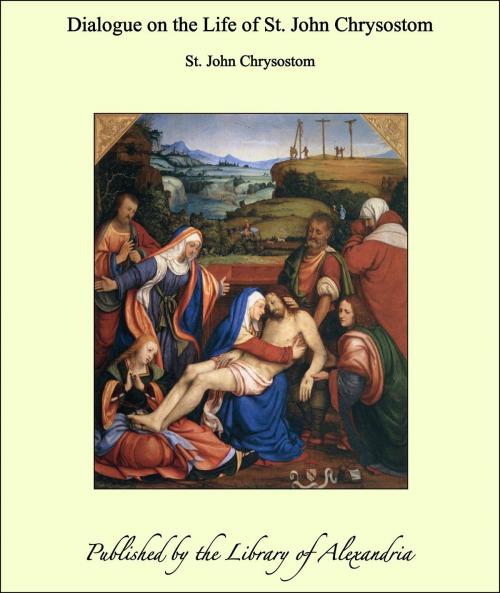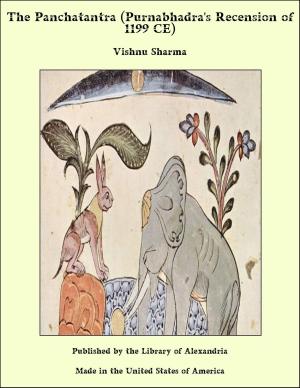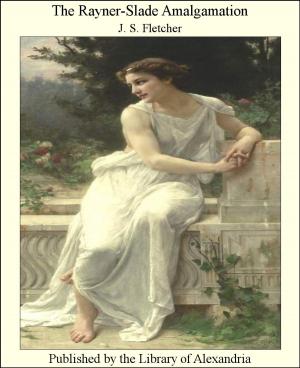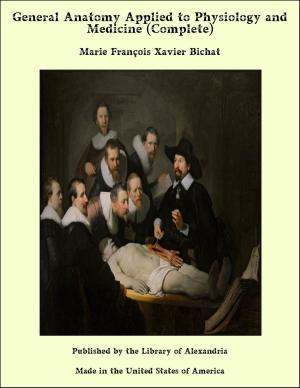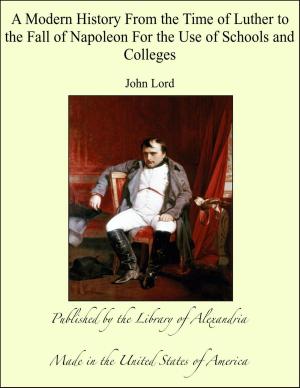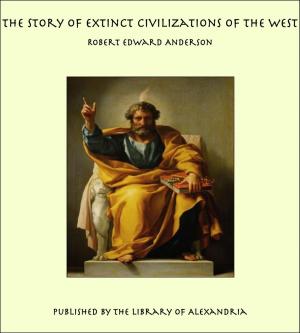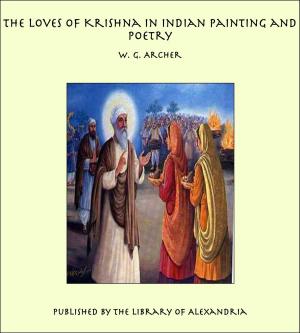Dialogue on the Life of St. John Chrysostom
Nonfiction, Religion & Spirituality, New Age, History, Fiction & Literature| Author: | St. John Chrysostom | ISBN: | 9781465558527 |
| Publisher: | Library of Alexandria | Publication: | July 29, 2009 |
| Imprint: | Library of Alexandria | Language: | English |
| Author: | St. John Chrysostom |
| ISBN: | 9781465558527 |
| Publisher: | Library of Alexandria |
| Publication: | July 29, 2009 |
| Imprint: | Library of Alexandria |
| Language: | English |
The Subject of the Memoir This treatise, obviously written by one who had full information, and was an eye-witness of many of the incidents which he narrates, is our best authority for the life of St. Chrysostom; we have other “lives,” of no great value, by Theodore, Bishop of Trimithus (c. 680), George, Bishop of Alexandria (c. 620), ” Leo the Emperor” (c. 900), and an anonymous writer; and accounts contained in the fifth-century Church Histories of Socrates, Sozomen, Theodoret and Philostorgius, the theologian Photius (c. 850), and the pagan writer Zosimus, besides a few other references in ancient authors. From these various sources we are able to draw not only a record of Chrysostom’s life, but also a picture of the man himself; and, incidentally, to gather light upon the life of the Church in his days, and information as to uses and observances, some of which have fallen into desuetude, while others are still practised among us. The more carefully we study his life, the more lovable the man appears, and the more conscious we are of our debt to him, for the noble standard of devotional, ministerial and intellectual Christian life which he so fearlessly, faithfully and outspokenly maintained,1 and bequeathed to us; and the more admirable seems his life, by contrast with the lives of many of his contemporaries, pagan and, alas! even Christian. But he had the defects of his good qualities. “He was a man who in his enthusiasm for virtue was over-bitter, and given to wrath rather viii than to modest dealings; from the uprightness of his life he took no thought for the future, and from his simplicity of character acted without deep consideration. He used unmeasured freedom of speech with those whom he encountered, and as a teacher greatly benefited his hearers; but was considered by those who did not know him to be arrogant in his behaviour.” 2
The Subject of the Memoir This treatise, obviously written by one who had full information, and was an eye-witness of many of the incidents which he narrates, is our best authority for the life of St. Chrysostom; we have other “lives,” of no great value, by Theodore, Bishop of Trimithus (c. 680), George, Bishop of Alexandria (c. 620), ” Leo the Emperor” (c. 900), and an anonymous writer; and accounts contained in the fifth-century Church Histories of Socrates, Sozomen, Theodoret and Philostorgius, the theologian Photius (c. 850), and the pagan writer Zosimus, besides a few other references in ancient authors. From these various sources we are able to draw not only a record of Chrysostom’s life, but also a picture of the man himself; and, incidentally, to gather light upon the life of the Church in his days, and information as to uses and observances, some of which have fallen into desuetude, while others are still practised among us. The more carefully we study his life, the more lovable the man appears, and the more conscious we are of our debt to him, for the noble standard of devotional, ministerial and intellectual Christian life which he so fearlessly, faithfully and outspokenly maintained,1 and bequeathed to us; and the more admirable seems his life, by contrast with the lives of many of his contemporaries, pagan and, alas! even Christian. But he had the defects of his good qualities. “He was a man who in his enthusiasm for virtue was over-bitter, and given to wrath rather viii than to modest dealings; from the uprightness of his life he took no thought for the future, and from his simplicity of character acted without deep consideration. He used unmeasured freedom of speech with those whom he encountered, and as a teacher greatly benefited his hearers; but was considered by those who did not know him to be arrogant in his behaviour.” 2
